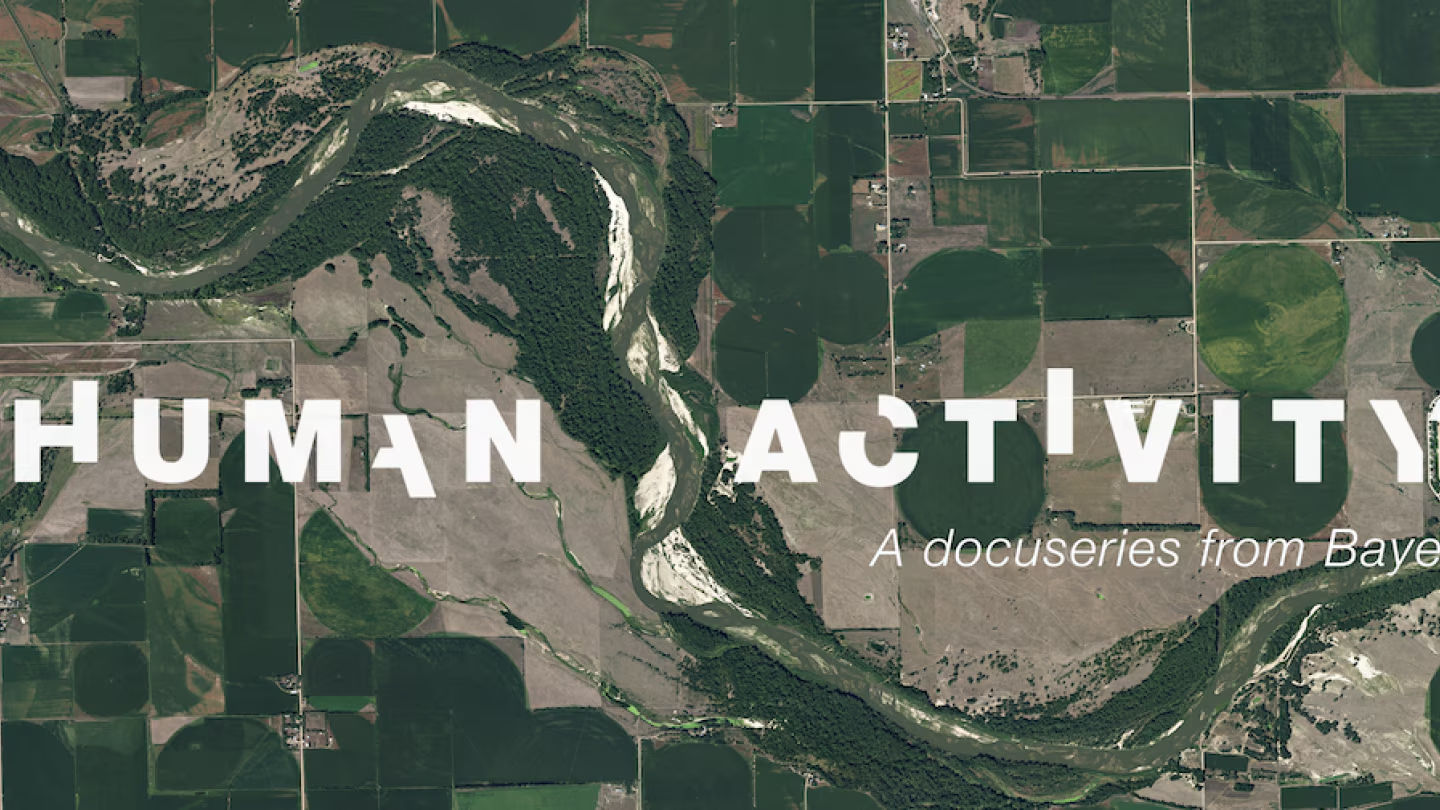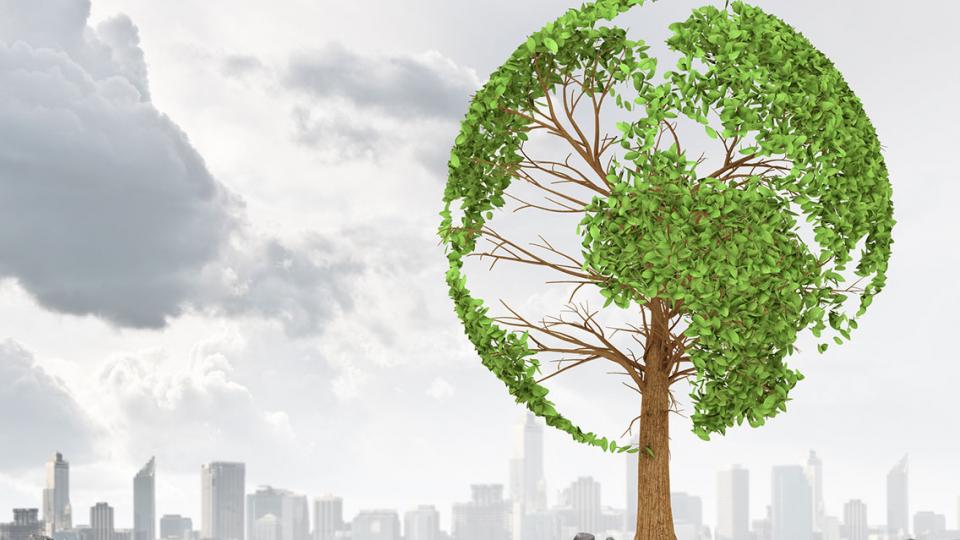Human Activity — Climate Change and the Power of Human Potential

- At a Glance
- Reporting and Transparency
- ESG Ratings and Rankings
- Environment
- Social
-
Governance
- Sustainability in the Supervisory board
- Bayer Sustainability Council
- Bioethics Council
- UN Global Compact
- Product Stewardship
- Supplier Management
- Group Regulations
-
Group Positions
- BASE
- Bioethical Principles
- Protection of Biodiversity
- Position on Global Product Strategy
- Position on Responsible Care
- Position on Deforestation and Forest Degradation
- Position on Insect Decline
- Raising the Bar on Crop Protection Safety Standards
- UN Sustainable Development Goals
- Position on Sustainable Beef Production
Human activity. It’s so often the culprit in the climate change story, and rightly so. Since the Industrial Revolution, atmospheric levels of harmful greenhouse gasses have increased by as much as 50%.
In the climate change debate, we tend to pit progress and prosperity against the environment, as if human activity and the planet can only flourish at each other’s expense. As if less human activity would be a good thing.
But the world doesn’t need less human ingenuity or less human creativity. Especially now, we need more.
This is the story of our greatest natural, renewable resource. Of the human capacity to innovate. Of the people who are out there right now reimagining how the world could work, making a difference in the fight against climate change. This documentary provides hope for a better farming system that can heal the soil, balance our climate, and feed people all at the same time.

We tapped scientists, innovators and partners to explain how leaps in human ingenuity are helping them confront climate change. In the first episode, plant scientist Howard-Yana Shapiro, Ginkgo Bioworks CEO Jason Kelly, and Jessica Christiansen, Head of Sustainability at Bayer Crop Science, explain why harnessing the power of plants and microbes could help to reduce the use of nitrogen fertilizers, decrease the impact on the environment and revolutionize agriculture.

In the second episode, Illinois farmers Mindy and Justin Jefferson, explain why they are not a typical conventional farm and how their practices help fight climate change and conserve their land for the next generation. CoverCress geneticist Ratan Chopra and plant scientist Mark Messmer discuss how plant science and traditional breeding are creating new crops that hold great potential for protecting soil health and generating low-carbon biofuel.

In the third episode, we meet Mina Guli who is running 200 marathons to raise awareness to the dangers climate change poses to our planet's life-sustaining water. Dr. Cristina Alonso Alija SVP, Bayer's Head of Sustainability, Safety, Health and Environment also explains how innovations like direct-seeded rice create a path to using less water to grow one of the planet's most consumed foods.

Our fourth episode explores the ways in which farmers around the world shed light on their operations. Amy Rosenthal, Senior Global Director for Conservation Initiatives with Planet, paints the biggest picture as satellites photograph our entire planet each day, while James Allen, CEO of New Zealand-based farm consultancy AgFirst, is literally and figuratively on the ground with farmers around the world. Dr. Jeremy Williams, Head of Digital Farming at Bayer, discusses the power in meeting in the middle to build systems of solutions integrating technologies that bring precision, productivity, and sustainability to life.




















